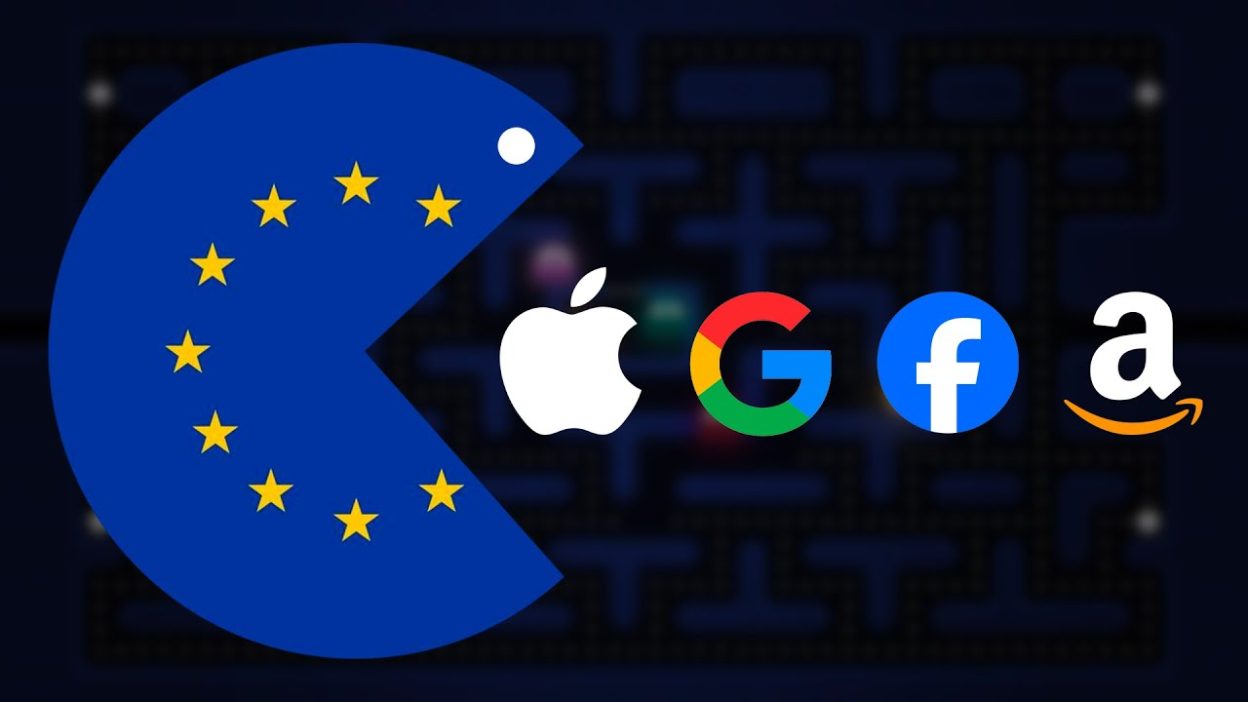As technology giants grow increasingly powerful, governments across the globe are stepping in to set boundaries. From privacy to competition, misinformation to AI safety, a complex regulatory battlefield is unfolding. At the heart of it are clashes between national interests, corporate power, and the rights of individuals in a digital age.
This article breaks down the major tech regulation battles shaping the future of the internet—and your digital life.
⚖️ Why Are Governments Regulating Tech?
Tech companies like Google, Meta (Facebook), Amazon, Apple, and TikTok have achieved unprecedented influence over the global economy, communication, and even democracy itself. In response, governments are acting to:
- Protect consumer privacy
- Ensure fair competition
- Combat disinformation and online harms
- Reclaim digital sovereignty
- Regulate AI and data usage
But approaches vary drastically from country to country. Let’s take a look.
🇪🇺 European Union: Leading the Global Regulatory Push
The EU is arguably the most aggressive regulator of Big Tech.
1. General Data Protection Regulation (GDPR)
- Implemented in 2018, GDPR set the global benchmark for privacy law.
- Gives individuals control over their personal data.
- Heavy fines for non-compliance (e.g., Meta fined €1.2 billion in 2023).
2. Digital Markets Act (DMA) & Digital Services Act (DSA)
- DMA targets “gatekeeper” platforms (like Apple, Google) to ensure fair competition.
- DSA regulates online content, transparency in algorithms, and misinformation.
- Enforcement began in 2024, with major platforms now under scrutiny.
3. AI Act (Pending Finalization)
- First comprehensive AI law.
- Categorizes AI by risk levels (e.g., bans facial recognition in public).
- Requires transparency, accountability, and human oversight in AI systems.
🧠 Impact: Europe is setting standards that influence global tech policy, even in countries with different philosophies.
🇺🇸 United States: Playing Catch-Up
The U.S., home to most tech giants, has taken a more fragmented and cautious approach.
1. Antitrust Lawsuits
- FTC vs Meta: Over its acquisitions of Instagram and WhatsApp.
- DOJ vs Google: Alleging monopoly in search and advertising markets.
- Apple and Amazon also face investigations.
2. Section 230 Debates
- This law protects platforms from liability for user content.
- Critics argue it allows platforms to avoid responsibility for harmful content.
- Both Democrats and Republicans want reform, but disagree on how.
3. TikTok Bans and National Security
- Bipartisan moves to force a sale or ban of TikTok over Chinese data ties.
- Broader efforts to scrutinize foreign apps and influence campaigns.
🧠 Impact: The U.S. is trying to balance innovation with accountability, but political division slows progress.
🇨🇳 China: Tech Regulation as Control
China has taken sweeping actions to reassert control over its tech sector.
1. Crackdown on Big Tech
- Ant Group’s IPO was halted in 2020.
- Tencent and Alibaba faced fines and restructuring.
- Goal: Curb monopolistic behavior and reinforce Party authority.
2. Data Security Law & Personal Information Protection Law
- Tight controls on data storage, cross-border data flows.
- Companies must submit to state surveillance.
3. Ban on Foreign Tech and AI
- Tightening restrictions on Western platforms and AI tools.
- Promoting domestic alternatives (e.g., WeChat, Baidu).
🧠 Impact: China’s model combines regulation with censorship and state oversight, setting it apart from Western democracies.
🌍 Other Key Regions
🇮🇳 India
- Banning over 300 Chinese apps including TikTok over security concerns.
- New IT Rules 2021 require platforms to remove content quickly, appoint compliance officers, and allow government access to encrypted messages.
- Ongoing tussles with Twitter, WhatsApp, and YouTube.
🇦🇺 Australia
- Passed the News Media Bargaining Code forcing platforms to pay publishers for news content.
- Initially resisted by Facebook (which briefly blocked news content).
🇧🇷 Brazil
- Debating a Fake News Bill requiring traceability of forwarded messages on WhatsApp and penalties for misinformation.
- Tension between free speech and public safety concerns.
🤖 The Future: AI and Global Regulatory Divergence
As generative AI tools like ChatGPT, Midjourney, and Claude gain popularity, new regulatory questions arise:
- Who owns AI-generated content?
- How do you prevent AI from generating misinformation or bias?
- What rights do individuals have when their data trains AI models?
Expect a flood of AI-specific laws in 2025 and beyond. While the EU prioritizes ethical boundaries, the U.S. focuses on innovation, and China aims for control and dominance—setting the stage for divergent digital futures.
🌐 A Fragmented Internet?
We may be heading toward a “splinternet”—a world where the internet is no longer open and global, but fragmented by borders, censorship, and regulation.
| Region | Regulatory Focus | Risks |
|---|---|---|
| EU | Privacy, fairness, transparency | Over-regulation, innovation slowdown |
| US | Competition, security | Slow action, political gridlock |
| China | State control, censorship | Human rights, limited freedom |
| India | Sovereignty, content moderation | Arbitrary takedowns |
| Global South | Catch-up regulation | Dependence on foreign platforms |
🧠 Final Thoughts
Tech regulation is no longer a niche policy debate—it’s a global power struggle. As digital platforms shape everything from elections to education, how we regulate them determines the future of privacy, speech, innovation, and democracy itself.
While the battles continue, one thing is clear: the age of unregulated tech is over.
📢 What’s your take on tech regulation? Should governments be stricter, or is innovation at risk? Let’s discuss in the comments!




